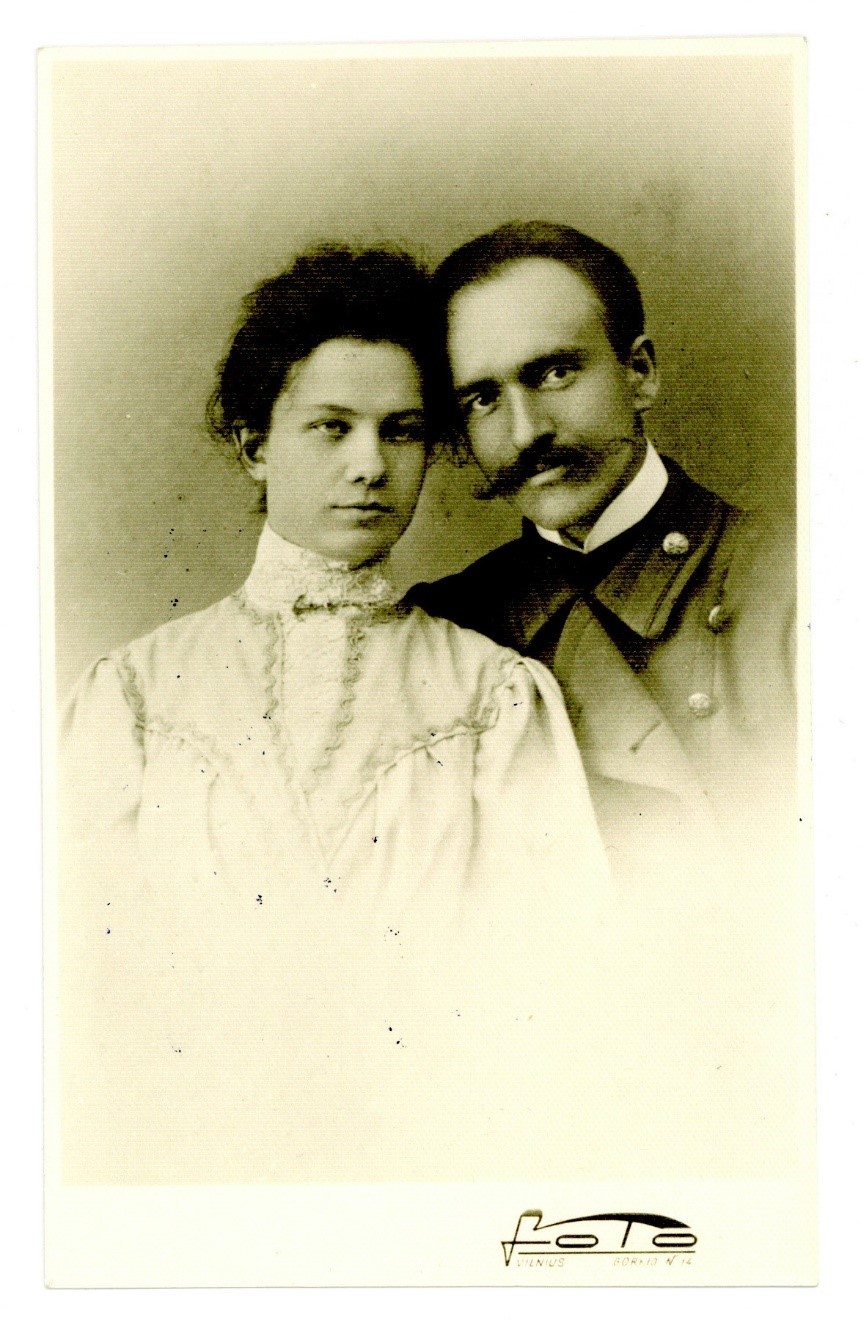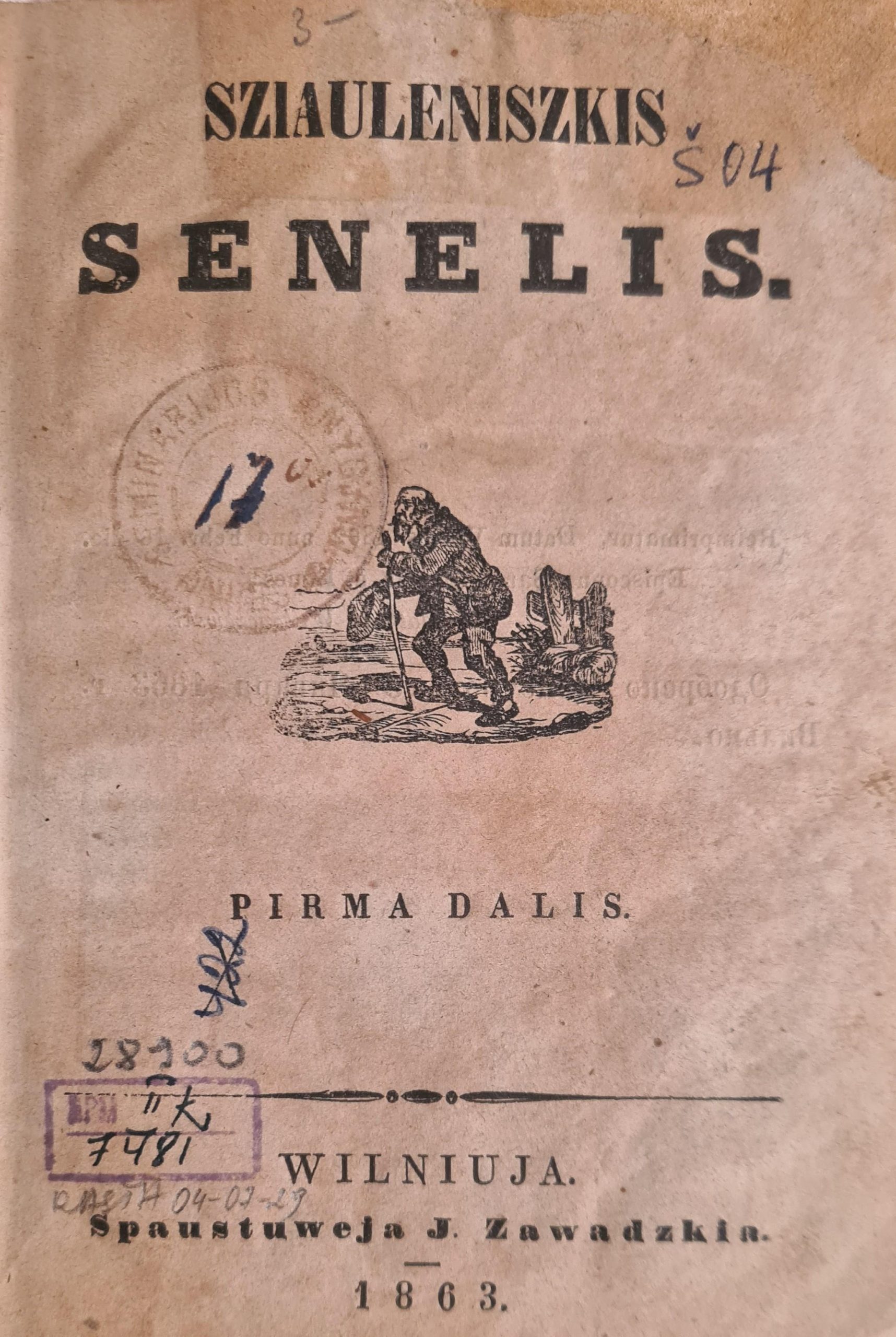Public figure and the first Lithuanian female bookseller, Marija Piaseckaitė-Šlapelienė, was born on June 5, 1880, in Vilnius, into a Polish-speaking noble family. As a young girl, she had excellent musical hearing and a beautiful voice, and while still in high school, she sang in the choir of St. Raphael’s Church. Influenced by the church’s vicar, Jonas Ambraziejus, Marija Piaseckaitė became involved in the Lithuanian national movement.
“Realizing that we were merely Polonized Lithuanians – I decided that I was a Lithuanian and began diligently learning the Lithuanian language,” she later wrote. Once she had learned the language, she began contributing articles to the Lithuanian newspaper Naujienos and distributed banned Lithuanian literature.
After the press ban was lifted, Piaseckaitė-Šlapelienė actively participated in Vilnius’ public life. She performed in the first Lithuanian theatrical productions: the comedy America in the Bathhouse, the operetta The Chimney Sweep and the Miller, and the tragedy The Duke of Pilėnai. In 1906, she played the lead role of Birutė in the first Lithuanian opera, directed by Mikas Petrauskas.
“The First Birutė” – this role was always a source of pride for Marija Šlapelienė. Even fifty years later, it helped her survive, as the Musicians’ Society eventually secured a pension for her.
In 1906, on what was then St. John’s Street, Marija Šlapelienė and her husband opened their own bookstore, which soon became a cultural hub for the Lithuanian intelligentsia.
The bookstore offered not only Lithuanian literature but also publications from around the world. Alongside selling books, the couple engaged in publishing activities, releasing around 50 books – dictionaries, textbooks, and more. For those who could not afford to buy books, a lending library was established.
Unfortunately, in 1945, the Soviet authorities ordered the bookstore to be shut down. In 1949, part of the collection was transferred to the Book Chambers and major libraries in Vilnius, while the rest – including documents and account books – disappeared. As a widow, Marija Šlapelienė found the loss of her bookstore deeply distressing.
“I grieve the bookstore so much – like a beloved child, for whom so much strength, health, and effort was sacrificed. It felt like everything died – and I with it…,” she wrote. To make matters worse, her home was nationalized and her children emigrated to the West.
After a difficult life, Marija Piaseckaitė-Šlapelienė passed away at the age of 97 on April 4, 1977. She was buried next to her husband in Rasos Cemetery, Vilnius.
Information prepared by Dalia Galminienė, Curator of Museum Activities at the Lithuanian Education Museum



